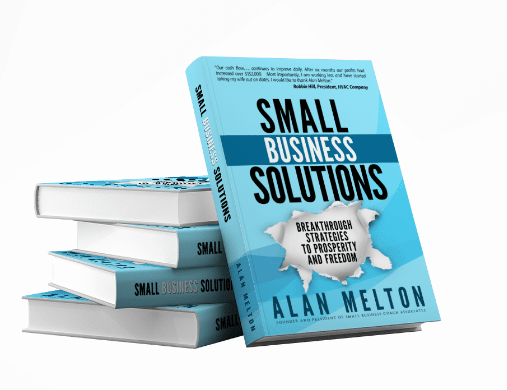VIEW BY TOPIC
- Finding Customers
- Business Systems
- Managing Employees
- Leadership
- Managing Money
Related Posts

Ready to Grow Your Business Fast?
Here’s How I Grew Five Businesses, and Eventually Sold One to a Fortune 500 Company.

What File Format Does Windows Live Mail Use?
If you’re using Windows Live Mail, you’ve probably wondered about the file format it uses. Microsoft created this well-known email client, but understanding its file format can be important for a number of reasons. Whether you’re a novice user or an experienced one, this information will prove valuable in managing your emails effectively.
Understanding Windows Live Mail File Formats
The client primarily uses two main file formats. However, if you find them not convenient, you can always use a Windows Live Mail to Outlook converter to switch email clients. But let’s first deal with the existing formats:
- EML (Electronic Mail): EML is the standard file format for storing individual email messages. Each email message is saved as a separate .eml file. This format is widely supported and can be opened by various email clients, making it easy to transfer your emails between different programs.
- Windows Live Mail Storage Folder: The client also creates a proprietary storage format that contains all your emails, contacts, and other data. These files are typically stored in the “.edb” file format, which is a proprietary database format used by Windows Live Mail to store messages, contacts, and settings.
The Significance of File Formats

Understanding the file formats used by the program is essential for several reasons:
- Data Backup: Knowing that it uses EML files allows you to easily back up your emails. You can simply copy the EML files to an external storage device or a different email client for safekeeping.
- Data Migration: If you decide to switch to a different email client, such as Microsoft Outlook, Thunderbird, or Gmail, understanding the EML format can simplify the migration process. These clients can import EML files directly.
- Troubleshooting: Knowledge of storage folder format is helpful when you encounter issues with the program. It can help in troubleshooting and data recovery.
How to Manage Windows Live Mail Files
If you already know where does Windows Live Mail store messages, managing the files is straightforward:
- Backing Up Emails: To back up individual emails, locate the EML files. These are typically stored in the “C:\Users[Your Username]\AppData\Local\Microsoft\Windows Live Mail” directory. Copy these files to an external location for safekeeping.
- Exporting Contacts: The mail client stores contacts as .csv files. To export your contacts, go to “File” > “Export” > “Comma Separated Values (.CSV).” Save the .csv file to a location of your choice.
- Importing and Converting: When switching to another email client, you can import EML files directly. Many email clients have built-in import features. For contacts, you can import the .csv file to your new client.
Converting Files
Sometimes, you may need to convert your existing files into other formats. Here are a few scenarios:
- EML to PST: If you’re migrating to Microsoft Outlook, you can convert EML files to PST format using third-party tools like “EML to PST Converter.”
- EML to PDF: To save emails as PDF documents, you can use EML to PDF conversion software or print the emails to PDF using a virtual PDF printer.
- Windows Live Mail Storage Folder to EML: If you want to extract individual emails from the “.edb” storage folder, you can use specialized tools like “Mailvare EML Converter.”
Bottom Line
Understanding the file formats used by Windows Live Mail is essential for efficient email management, backup, and migration. EML and the proprietary “.edb” formats play crucial roles in how you interact with your email data. By knowing how to manage and convert these files, you can make your email experience smoother and more versatile. Whether you’re a long-time Windows Live Mail user or just starting, this knowledge will empower you to take full control of your email communications.














